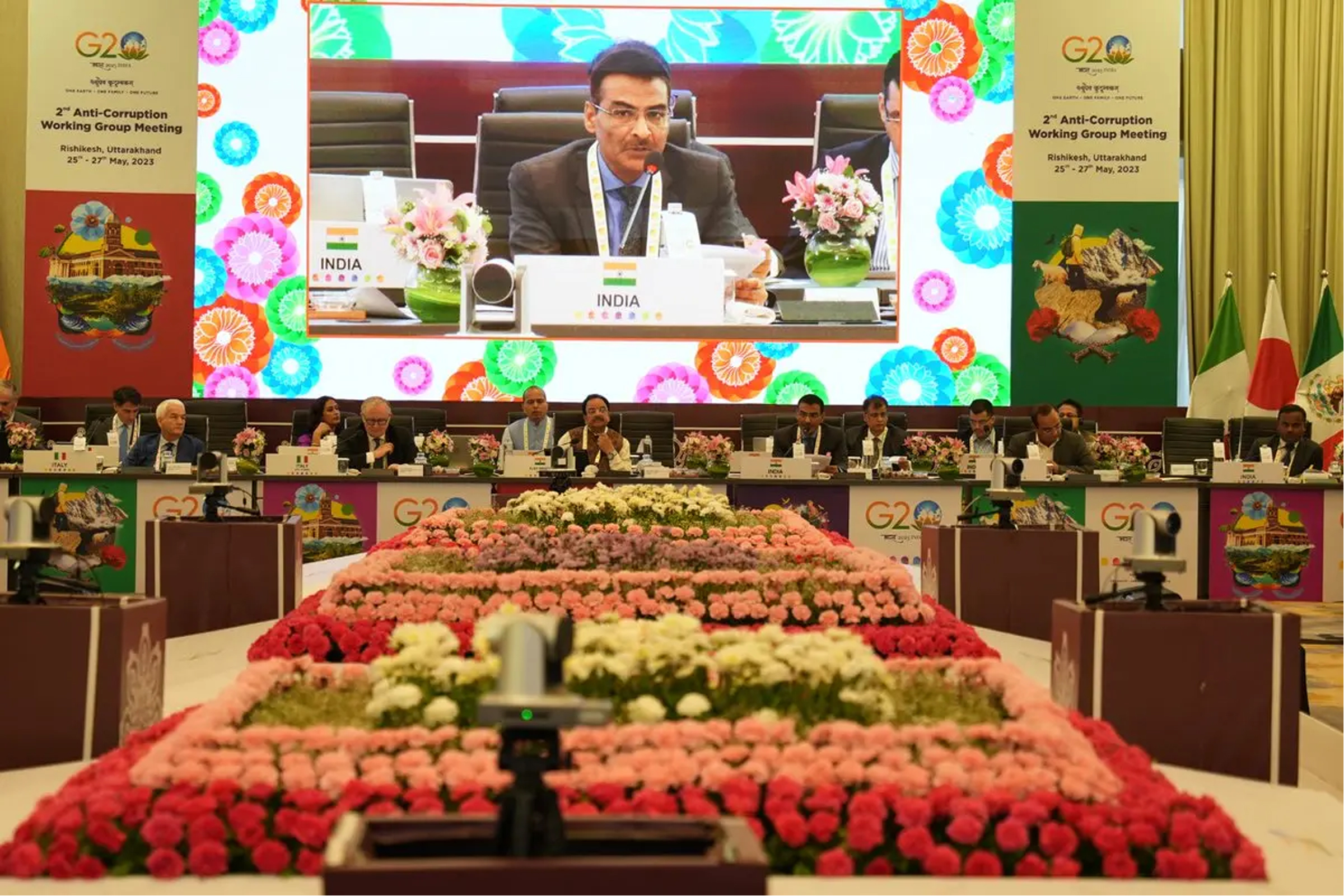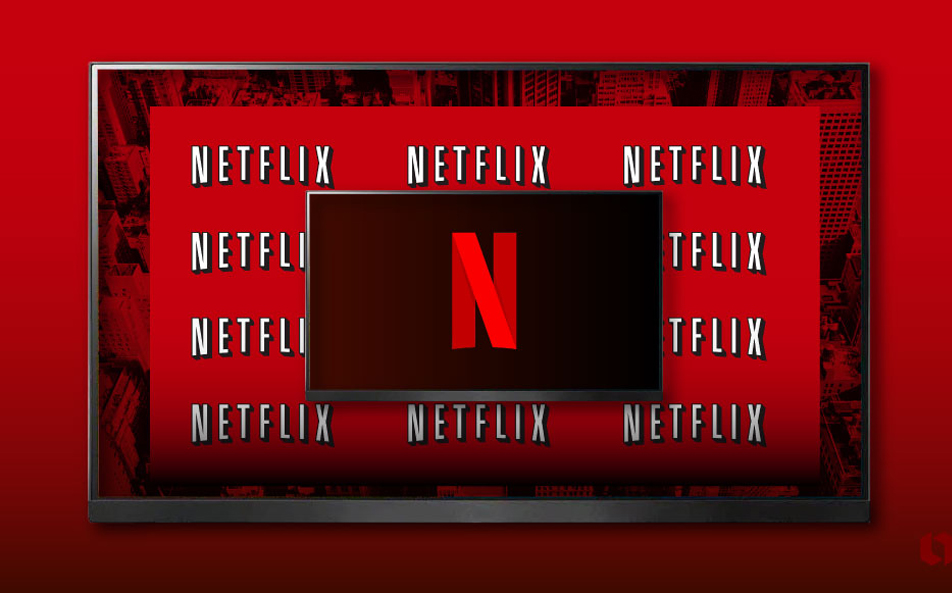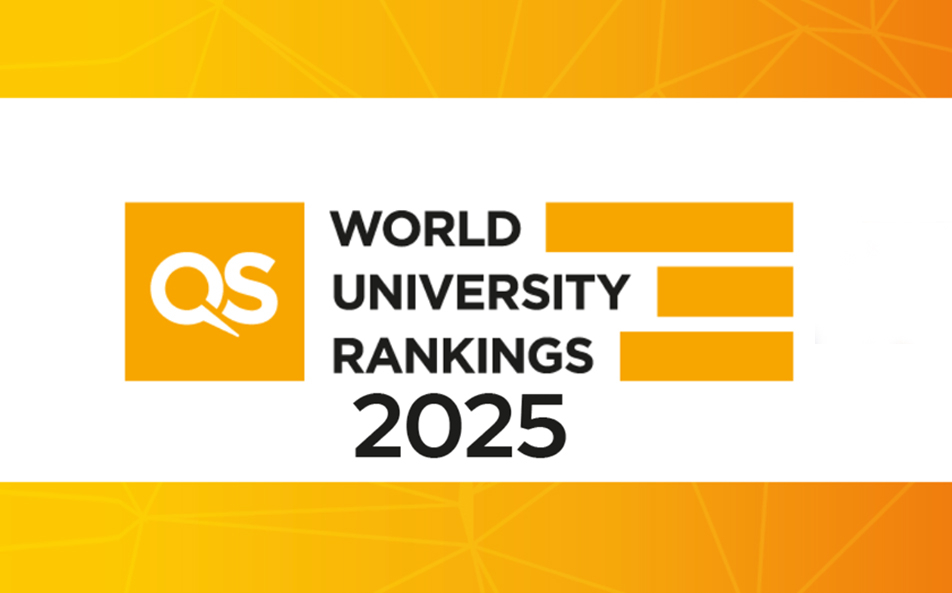
The United Indian

In the battle against corruption, the Anti-Corruption Working Group takes center stage, striving to establish a set of minimum common standards across the legal systems of the G20 countries. This group serves as a reporting body to the G20 Leaders, focusing on various aspects of anti-corruption efforts. The core areas of concern for the working group include bribery, international collaboration, beneficial ownership transparency, vulnerable sectors, and capacity-building. Furthermore, it addresses the integrity and openness of both the public and private sectors, recognizing their significance in curbing corruption.
Corruption is a pervasive global issue that threatens the stability and development of nations. To address this pressing concern, the G20 established the Anti-Corruption Working Group. In this article, we will delve into the key aspects of the first meeting of this working group, with a particular focus on India's chairpersonship and their efforts to combat corruption.
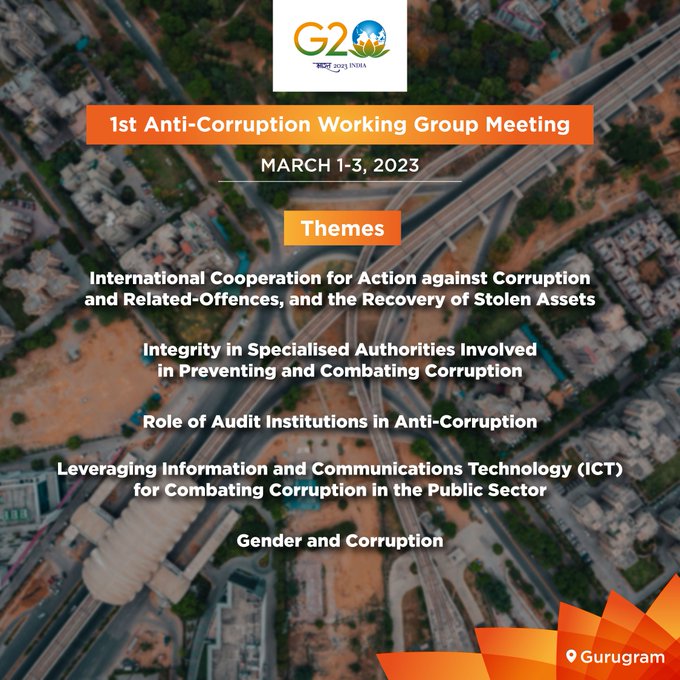
Overview of the Anti-Corruption Working Group
The Anti-Corruption Working Group plays a crucial role in the fight against corruption. It serves as a platform for G20 countries to collaborate and establish common standards that can effectively combat corruption across borders. By sharing best practices and experiences, the working group aims to develop robust anti-corruption measures.
Reporting directly to the G20 Leaders, the working group provides regular updates on anti-corruption matters. This ensures that corruption remains high on the global agenda, encouraging continued efforts to address this complex issue.
The working group's focus areas reflect the multifaceted nature of corruption. It emphasizes tackling bribery, promoting international collaboration, enhancing beneficial ownership transparency, addressing vulnerabilities in specific sectors, and strengthening capacity-building measures. Furthermore, it aims to foster integrity and openness in both the public and private sectors, recognizing their significant roles in preventing and uncovering corrupt practices.

India's Chairpersonship of the Anti-Corruption Working Group
India's chairpersonship of the Anti-Corruption Working Group marks a significant step in the global fight against corruption. With this leadership role, India aims to prioritize the recovery and return of stolen assets in the broader strategy against corruption.
Under India's chairpersonship, the working group aims to enhance the effectiveness of asset-tracing and identification mechanisms. By establishing robust procedures and systems, countries can better track illicit assets and prevent them from being used for further corrupt activities. Rapid restraint of illicit assets is another critical aspect that India's chairpersonship seeks to address. By developing mechanisms for swift action and freezing of illicit assets, the working group aims to disrupt the flow of ill-gotten gains.
India also places great importance on the effective use of open-source information and asset recovery networks. Leveraging these resources can provide valuable insights and facilitate the recovery of stolen assets. By promoting collaboration and information sharing among member countries, the working group aims to maximize the impact of asset recovery efforts.
Discussion on the Role of the Ministerial Meet
During the first Anti-Corruption Working Group meeting, a focused discussion took place on the role of the ministerial meet in lending the necessary political thrust to combat corruption. Recognizing the importance of political support, the meeting emphasized the need for high-level engagement and commitment from government officials.
The ministerial meet serves as a platform for policymakers to address corruption-related challenges and formulate strategies to combat them. By bringing together key stakeholders, including ministers and high-ranking officials, the ministerial meet provides an opportunity to exchange ideas, share experiences, and foster a collective approach in fighting corruption.
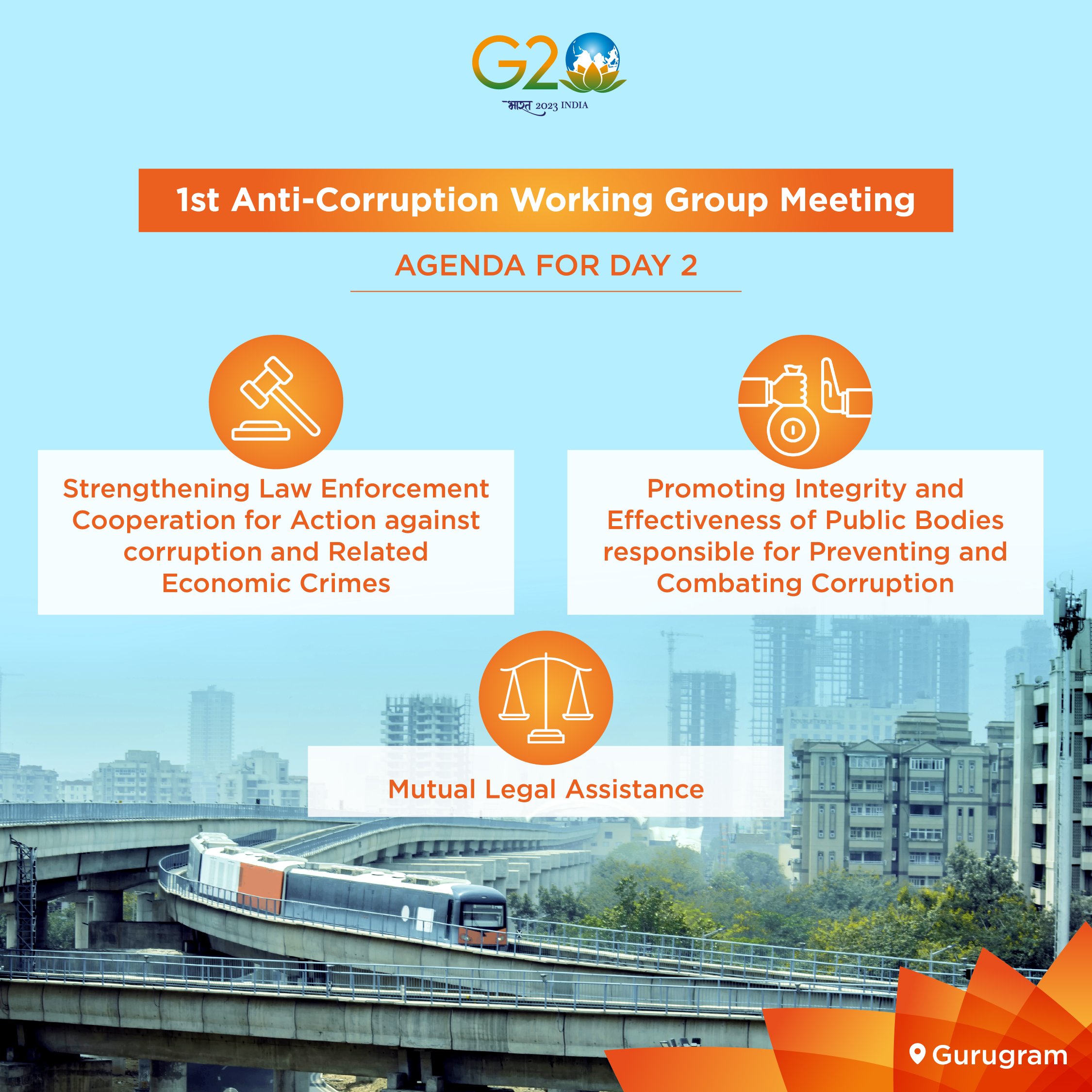
Partnership with Engagement Groups
To strengthen mechanisms in tackling corruption, the Anti-Corruption Working Group explored partnerships with engagement groups. These groups consist of civil society organizations, business associations, and other non-governmental entities that have a stake in anti-corruption efforts.
Collaborating with engagement groups allows for a more inclusive and comprehensive approach to combating corruption. These groups bring diverse perspectives, expertise, and resources to the table, enriching the discussions and initiatives of the working group. By forging strong partnerships with these organizations, the working group can tap into their knowledge and networks, enhancing the effectiveness of anti-corruption measures.
Leveraging ICT for Combating Corruption in the Public Sector
As technology continues to evolve, information and communication technology (ICT) play a crucial role in the fight against corruption. To shed light on this aspect, a side event on leveraging ICT for combating corruption in the public sector was organized during the first Anti-Corruption Working Group meeting.
The event focused on highlighting the various ways ICT can be utilized to address corruption globally. It showcased innovative initiatives and solutions adopted by India and other countries to reduce corruption in the public sector. By harnessing the power of technology, governments can streamline processes, increase transparency, and detect corrupt practices more efficiently.

Conclusion
In conclusion, the Anti-Corruption Working Group plays a vital role in establishing common standards and promoting collaboration among G20 countries to combat corruption. India's chairpersonship has brought a renewed focus on asset recovery and information sharing, recognizing their significance in the fight against corruption. The first meeting of the working group highlighted the role of political support, partnerships with engagement groups, and the leverage of ICT in tackling corruption.
Efforts to combat corruption must continue to evolve and adapt to the ever-changing landscape. International collaboration, information sharing, and the adoption of innovative approaches, such as leveraging technology, are crucial in effectively addressing corruption. By working together, countries can build a more transparent, accountable, and corruption-free future.
Read more in Recent Events
Jul 03, 2025
TUI Staff
Jul 03, 2025
TUI Staff
Jun 29, 2025
TUI Staff
Jun 27, 2025
TUI Staff

Stay Tuned with The United Indian!
Our news blog is dedicated to sharing valuable and pertinent content for Indian citizens. Our blog news covering a wide range of categories including technology, environment, government & economy ensures that you stay informed about the topics that matter most. Follow The United Indian to never miss out on the latest trending news in India.
©The United Indian 2024

